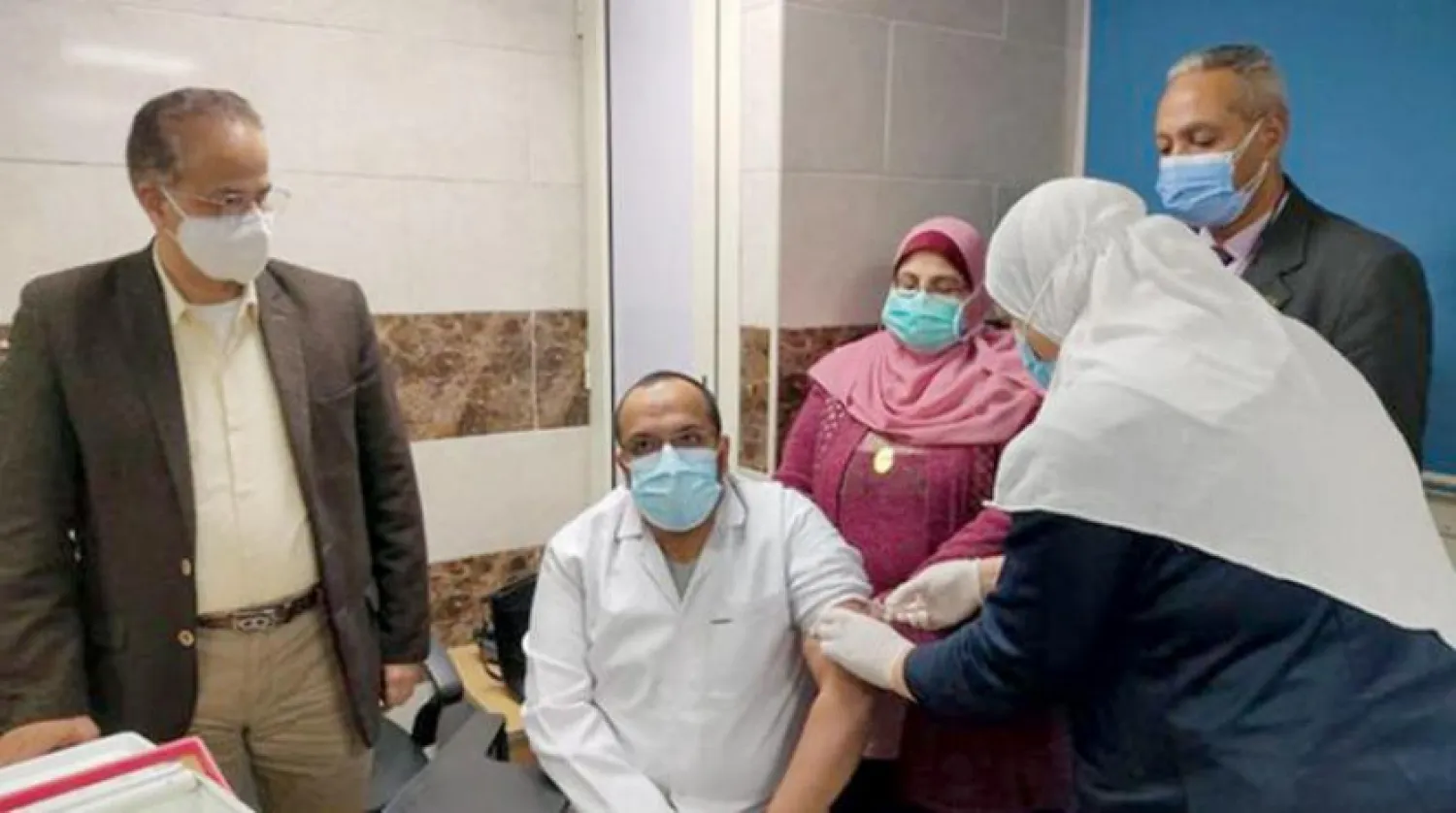Egypt has established 363 hospitals for COVID-19 patients, according to the health ministry.
Health Minister Hala Zayed said the hospitals have 35,000 beds, 4,500 intensive care beds and 2,500 ventilators and will be supplied by 200 additional ones.
The ministry said it recorded 643 new COVID-19 cases and 55 deaths, raising the infection tally by Tuesday to 163,129, including 127,433 recoveries, and the death toll to 9,067.
Meanwhile, the cabinet’s Information and Decision Support Center (IDSC) issued a report on Wednesday noting that Prime Minister Mostafa Madbouly has stressed the importance of applying the preventive measures inside malls, restaurants and coffee shops.
This comes in line with the state’s attempts not to go into a total lockdown and avoid its economic impact on people’s lives.
According to the IDSC, Egypt is ranked 62 out of 215 regions and countries in the number of coronavirus infections and 10th in fatalities.
Zayed also announced that 527 health workers in 15 hospitals have so far taken their first dose of Chinese state-owned pharmaceutical giant Sinopharm’s vaccine.
Dr. Khaled Mujahid, advisor to the Minister of Health and Population for Media Affairs, said the vaccination mechanism includes registering information of the vaccine recipients at the hospital where they work, measuring their blood pressure and checking their health condition, and giving them a follow-up document to receive the second dose after 21 days.
“The vaccinated person’s health status is monitored periodically by specialized medical teams,” he added, noting that these vaccines are given to health workers for free.
Egypt launched Sunday the COVID-19 vaccination campaign to healthcare workers in the Suez Canal city of Ismailia.









